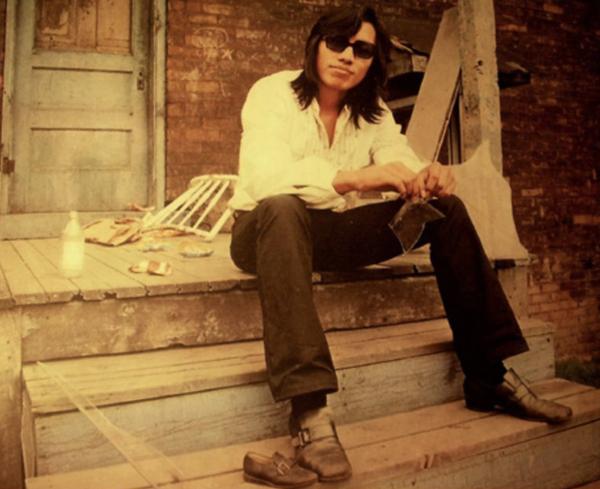Just a few days ago, I saw a headline that the musician known as Rodriguez had died at the age of 81, and it hit me kind of hard. I hadn’t been thinking about Rodriguez a lot recently, but there is something about the incredible story of his life and his music that has stayed with me for over a decade.
Who was Rodriguez? He became known to me and millions of others when a documentary about him called Searching for Sugar Man was nominated for, and then awarded, the Oscar for best documentary in 2013. This was an incredible story of a young Chicano singer/songwriter named Sixto Rodriguez from Detroit who had great talent and originality, but whose music did not become broadly known in the U.S. for decades. Yet unbeknownst to him and his producers, he became one of the most well-known and beloved artists in—of all places—South Africa in the 1970s and ’80s. I think everyone would want to check out this film. It is streaming on different platforms for a small fee.
The story that unfolds in Searching for Sugar Man is of two men in South Africa who were curious about who this very famous musician was and “how he had died”—which was what everyone in South Africa had been led to believe through fantastic rumors of dramatic suicides that had been circulating. Their search led them to the very much alive Sixto Rodriguez, working as a laborer in Detroit to support himself and his family. When they made contact with him, they learned that Rodriguez had no idea that he was “more famous than Elvis” among the white Afrikaans youth in South Africa. Decades had passed and he mainly had to abandon his aspirations as a musician and get on with life, working manual jobs, and being active in the local Detroit politics. Fortunately, as a result of the film and publicity it brought to Rodriguez and this amazing story, his songs did finally get a hearing in the U.S. and other places around the world. He was able to tour and perform in bigger venues, and become recognized for the incredible artist and person he was. (You can hear his songs and see some of his performances on YouTube.)
But what is most intriguing to me about this story is how and why he became such an idol, and cultural reference point, for several generations of white South Africans. This is brought to life in the film where you see thousands who came with incredible passion to see their hero, when in 1998 a live tour for the first time in South Africa was announced (see a clip from the film that shows this).

Rodriguez Photo: Universal Music Group
In the film you learn about the situation in South Africa in those years, where vicious white supremacist minority rule over Black Africans known as apartheid was entrenched. But what was quite extraordinary was learning that there was a whole section of white youth in that country who themselves felt intensely downpressed by this oppressive system. They were prevented by threat of imprisonment from voicing their opposition to the government and to apartheid, they were constrained by a conservative puritanical religious morality, and isolated from a lot of the larger world. Somehow, the music and lyrics they discovered from Rodriguez struck a deep chord in the youth scene in that country at that time. It was radical and coming up from “the underground,” banned and not played on the official media, yet it took on a life of its own among these young white South Africans. It gave them the courage “and permission” to rebel and challenge the status quo.
One person put it this way: “To many of us South Africans he was the soundtrack to our lives. The message it had was: be anti-establishment. One song is called ‘The Anti-Establishment Blues [This Is Not a Song, It's an Outburst: Or, the Establishment Blues].’ We didn’t know what the word anti-establishment was until it cropped up on a Rodriguez song, and then we found out it’s OK to protest against your society, to be angry with your society.”
This story has touched me deeply, and has provoked me to reflect on the uneven pathways of social change, and the different ways that radically different ideas can be augmented through different kinds of cultural expressions, especially in situations and times of great turmoil and conflict.
So check it out.
